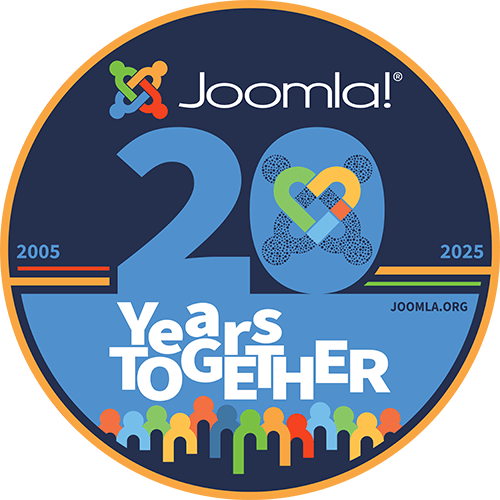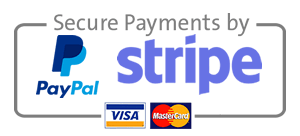| Selection from |
|
||||||
| Contact | Select the contact to show when the above selection is set to ‘specific contact’ | ||||||
| Category filter |
|
||||||
| Categories | Select the contact categories (single or multiple selection) | ||||||
| Subcategories | Automatically selects the next level(s) or all levels of a category.
|
||||||
| Maximum level depth | The depth level (starting at 1) when selecting 'level' in subcategories |
||||||
| Category order | The order of the categories
|
||||||
| Tags filter |
|
||||||
| Tags | Select which tags the contact must have. 'All contact associated tags' will select all contacts having tags | ||||||
| Include children | Include the children of the selected tags | ||||||
| Tags match type | How tags need to match (when tags are included)
Warning This parameter also applies to related tags. For instance, if the item on the page has tags X and Y and the value is 'All', the related items will need to have the exact same tags X and Y in order to be selected. |
||||||
| Custom fields | A selection of custom fields one can filter with. Learn how to use fields as filters in this tutorial. Use as many fields as needed, but be aware that multiplying the number of fields may have performance impact issues
|
||||||
| Meta keywords | Filter the contacts through the listed meta keywords. To bypass categories, select ‘all categories’. | ||||||
| Exclude IDs | Exclude contacts from the list of selected ones
Example |
||||||
| Include IDs | Show only the listed contacts
Example |
||||||
| Include featured | Decide if you want to include featured contacts or not. Have them show first or be the only ones | ||||||
| Order | The order in which the articles are presented (per category if categories are ordered)
[see section: Sorting names] |
||||||
| Manual order ids | The contact IDs, ordered and comma separated when ordering is set to ‘manual’
Example |
||||||
| Enforce language | On multi-lingual sites, allows you to select items with the same language as the language of the page or mix items of different languages | ||||||
| Max count | The maximum number of contacts that will show. Leave blank to show all contacts | ||||||
| Start At | The contact item number to start from (useful if 2 instances of the module are created with the same data) | ||||||
- Details
- Category: Trombinoscope Contacts
- simplifyyourweb.com/downloads/trombinoscope-contacts-pro
- app.transifex.com/simplify-your-web/trombinoscope-contacts-pro
- demo4.simplifyyourweb.com/trombinoscope-extended
- simplifyyourweb.com/forum/13-trombinoscope-extended
- extensions.joomla.org/extensions/extension/directory-a-documentation/address-book/trombinoscope-contacts-pro
Related tutorials and topics
-
- Information
Create a contact directory in Joomla
-
- Information
Show contact pictures in Smart Search results
Featured Blogs
-
Fedorvasilev.com
Fedor has a very active YouTube channel where you will learn about Trombinoscope Contacts Pro (in Russian).
Check out his latest video. -
Robustiana.com
Great tutorial written (in Spanish) by Emanuel Rodríguez. His review is very exhaustive and will give you an overview of what you can achieve with Trombinoscope Contacts Pro.





